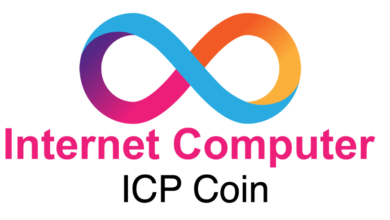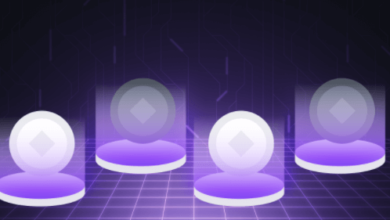Blockchain Technology is applied to other applications.

Blockchain is not just a buzzword; it is changing the way business transactions happen globally by replacing legacy systems with a secure network of data from which all parties involved can trust. To provide excellent customer value and reduce unnecessary costs, businesses can start using these new technologies when participating in global supply chains. Check out how people use bitcoin to make money.
The below-listed portion includes examples of how companies use blockchain technology for their operations; some are still under development or testing. But, first, let’s discuss everything you should know about blockchain technology and its other applications beyond cryptocurrencies.
Basics of blockchain:
The technical term for a blockchain is a distributed ledger. A distributed ledger is a replicated and synchronized database across multiple geographic locations so that the content of the ledger is always identical. The main aim of this ledger is to record transactions that take place between two parties.
As simple as it may sound, the term “transactions” in this context is used loosely and can be anything ranging from making purchases to entering your salary details into the HR system. Each entry in the distributed ledger has its unique hash as an identifier. When a transaction takes place, all participants must validate that it belongs to the ledger if they are required to do so.
Applications of blockchain beyond cryptocurrency:
- Supply chains:
Blockchain technology can help reduce the amount of manual intervention required for transactions and, thus, enable you to conduct business quicker and more efficiently. It will also eliminate any human error from the entire process.
Your supply chain will be more traceable, allowing you to understand the flow of products better and inspect them more effectively in case of any irregularities. Also, each member of the supply chain will have access to all transactions made by other members via the distributed ledger, hence making it easier for you to verify whether there are any claims about a product before accepting them or not.
- Gold and diamond industry:
Both industries have been subject to fraud for years thanks to their opacity in dealing with transactions. Blockchain can work well in this environment due to its transparency and immutability features which are very useful when tracking an asset over time. For the gold industry, it will facilitate asset tracking so that each piece can be traced back to its origin, thereby reducing theft and increasing trust between parties involved in the transaction.
- E-voting:
Your vote can be recorded on a distributed ledger decorated with your passport number or fingerprints and transmitted to any government agency within seconds. It will also help protect the reputation of the voter since it isn’t possible to hack an election via voting machines.
- Insurance industry:
Insurance companies use databases today to check whether check if they have any claims pending with them. Blockchain makes this process much simpler by verifying a person’s identity through biometrics so that it is quick and more reliable. Insurers can also cut their claim processing time by building a database of claims, which will help them to mitigate the risk of fraudulent claims.
- Smart contracts:
Blockchain applications don’t have to be limited to the financial industry alone. Any contractual agreement can be executed on the blockchain — whether it’s a payment made by one party to another or a relationship between two parties. Furthermore, these documents will have all relevant details and data on them, making it difficult for any parties involved in the contract to tamper with it as well as possible.
- Real Estate:
Users can use blockchain technology to create a database of property records. It will ensure that all your transactions are recorded in detail and eliminate any need to keep multiple documents. The database will also include information about the person buying or selling the property, so you can verify their identity and credibility before doing a deal.
Using smart contracts, governments can also use blockchain technology to access public services such as voting, identification, and even tax collection online.
- Healthcare:
Many companies are building blockchain solutions for healthcare today. Blockchain can aid in patient records management by storing them in a secure database at all times, eliminating the risk of data loss and tampering. Patient records contain a lot of sensitive information and must be stored for a long time, making it possible by blockchain since it can store this data on a secure ledger.





